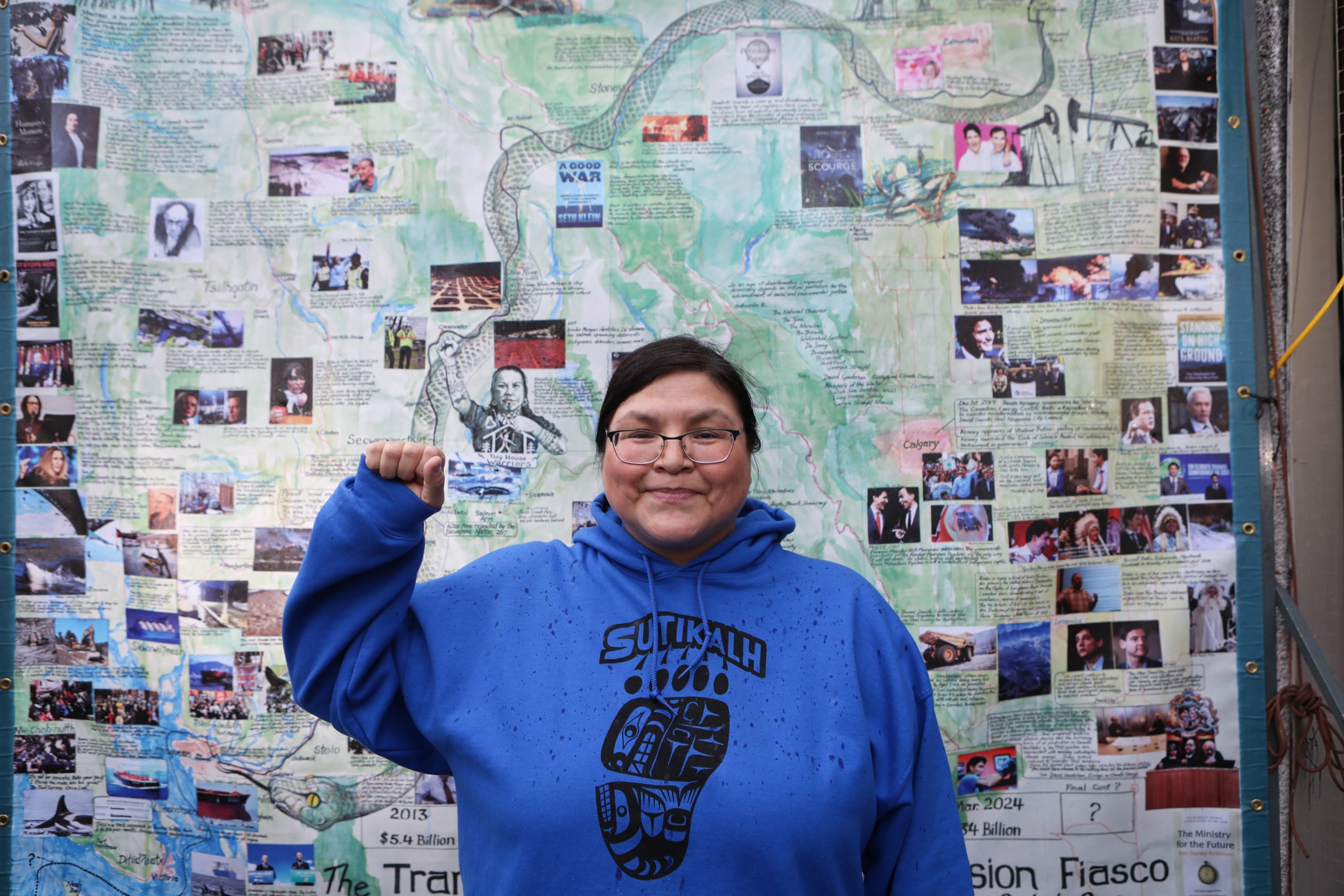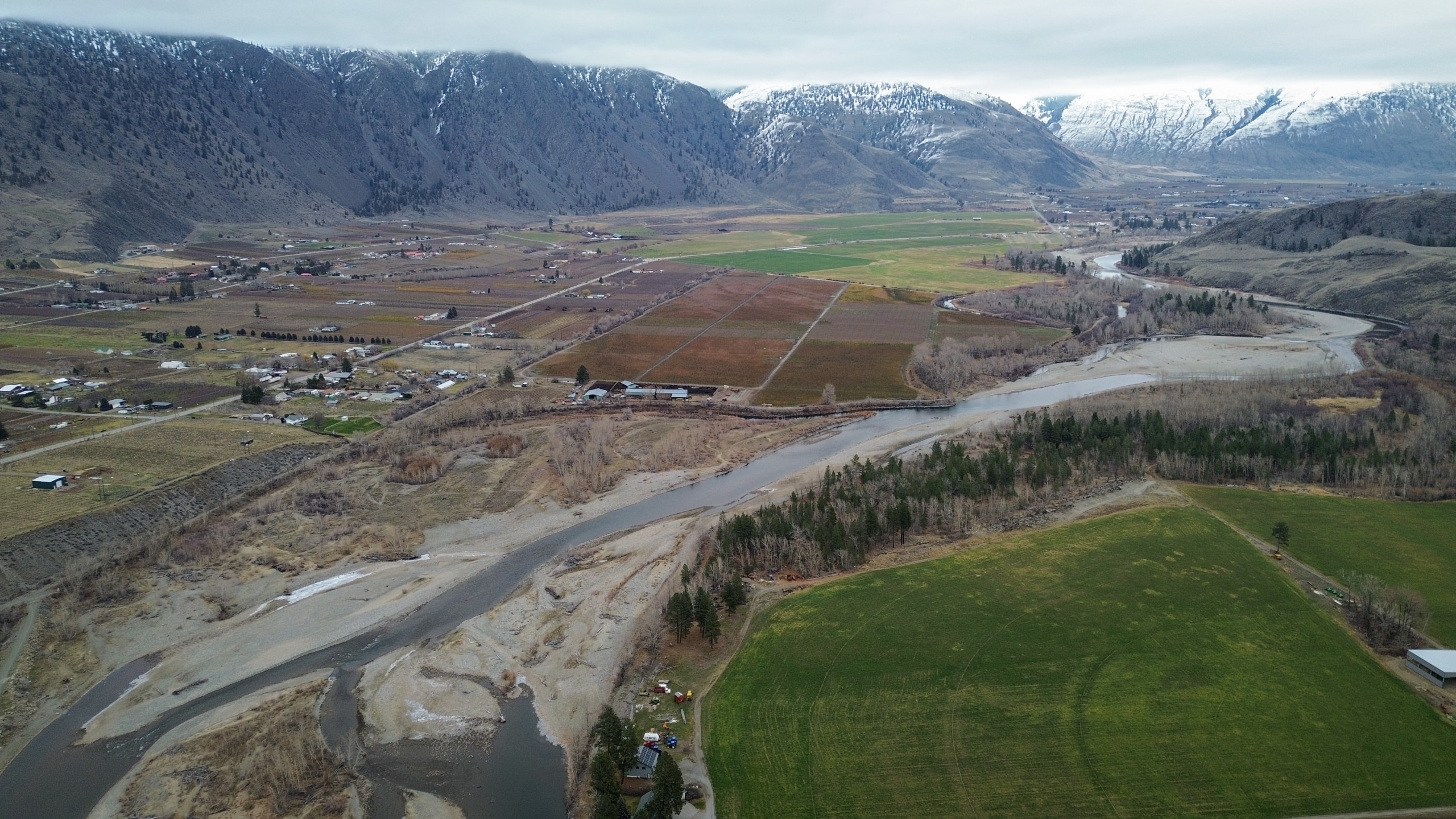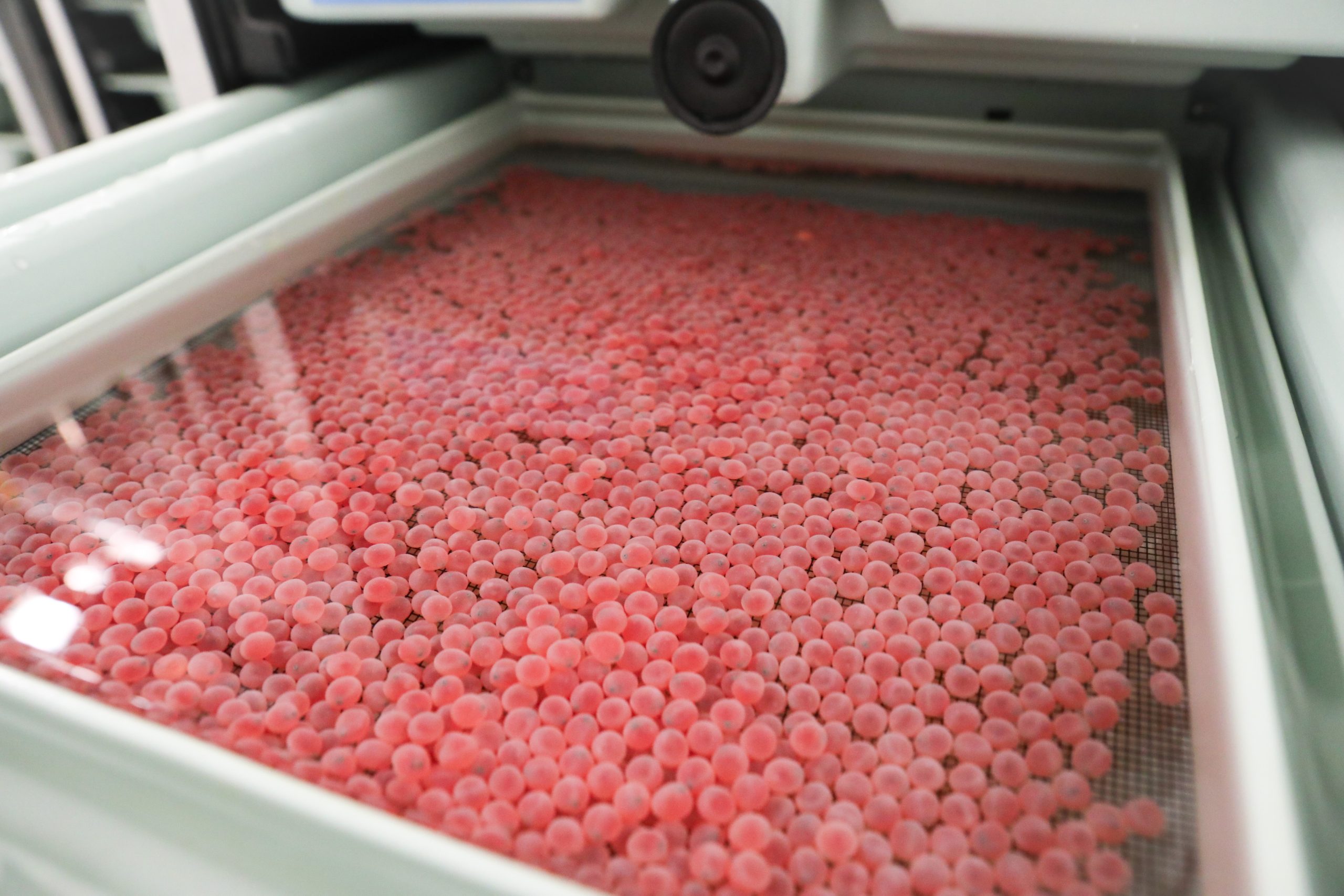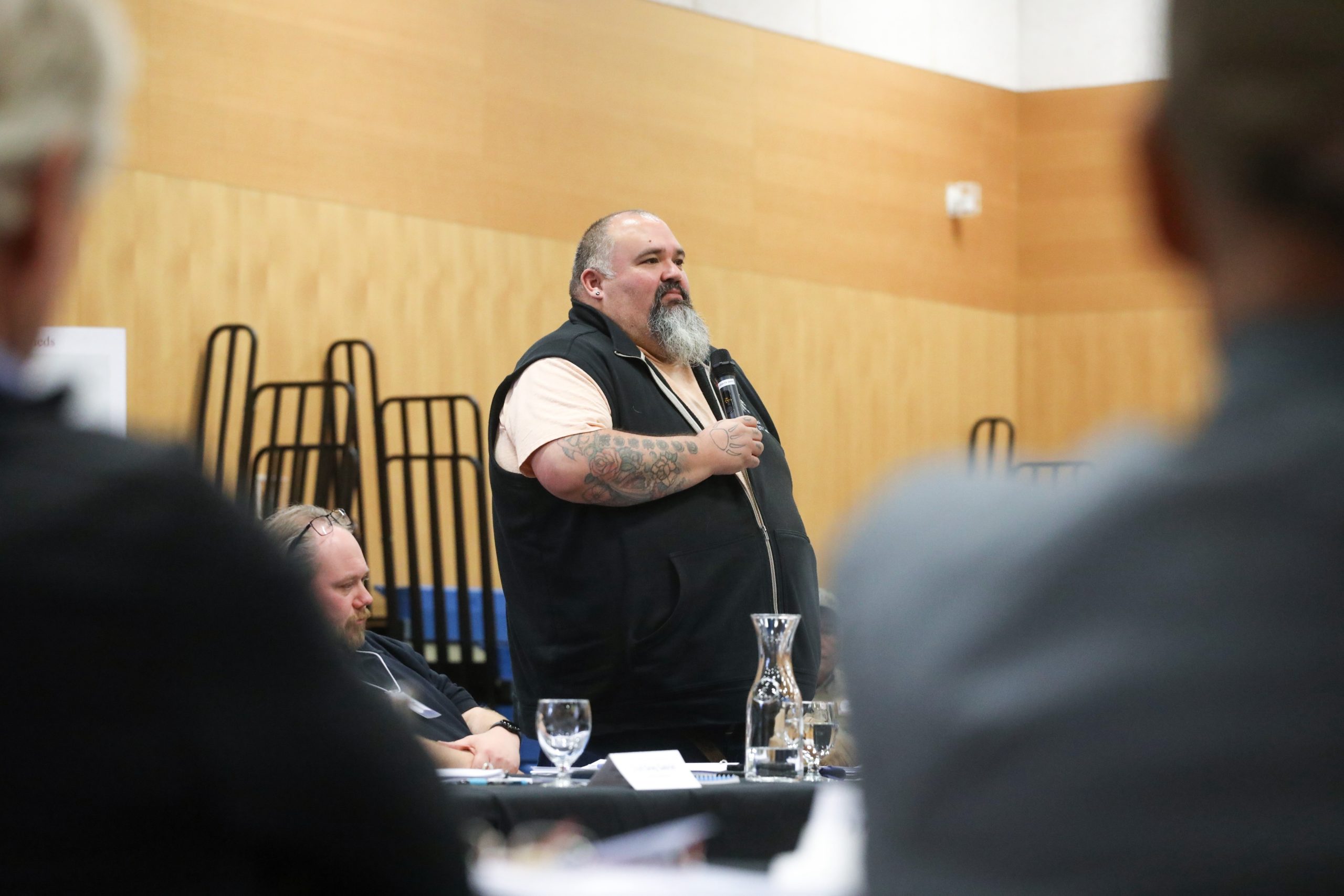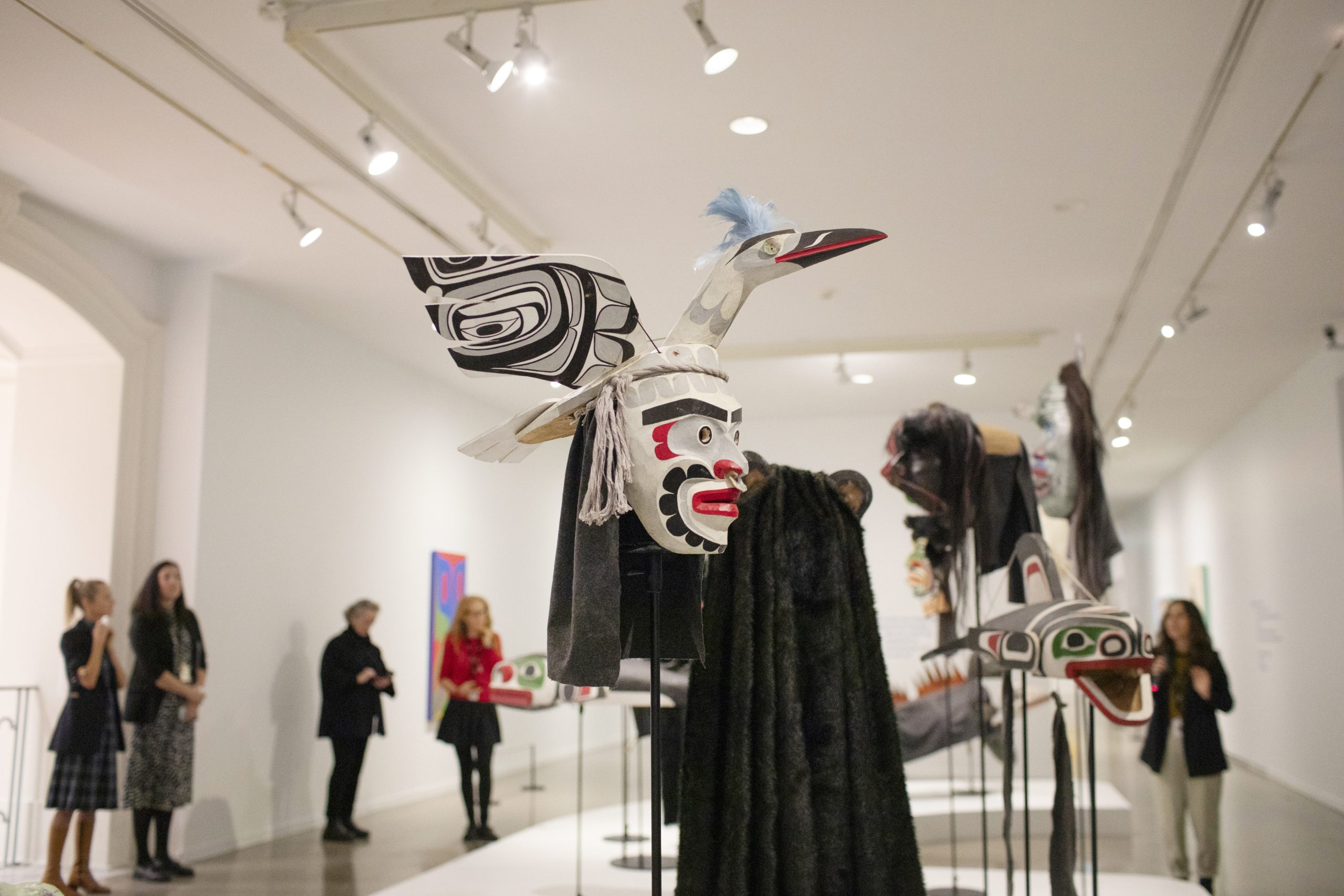‘Taking Back the Dinner’ is about reclaiming our history, says Indigenous scientist
Now is a good time to reflect on the food you’re giving thanks for, says Jessica Hernandez.
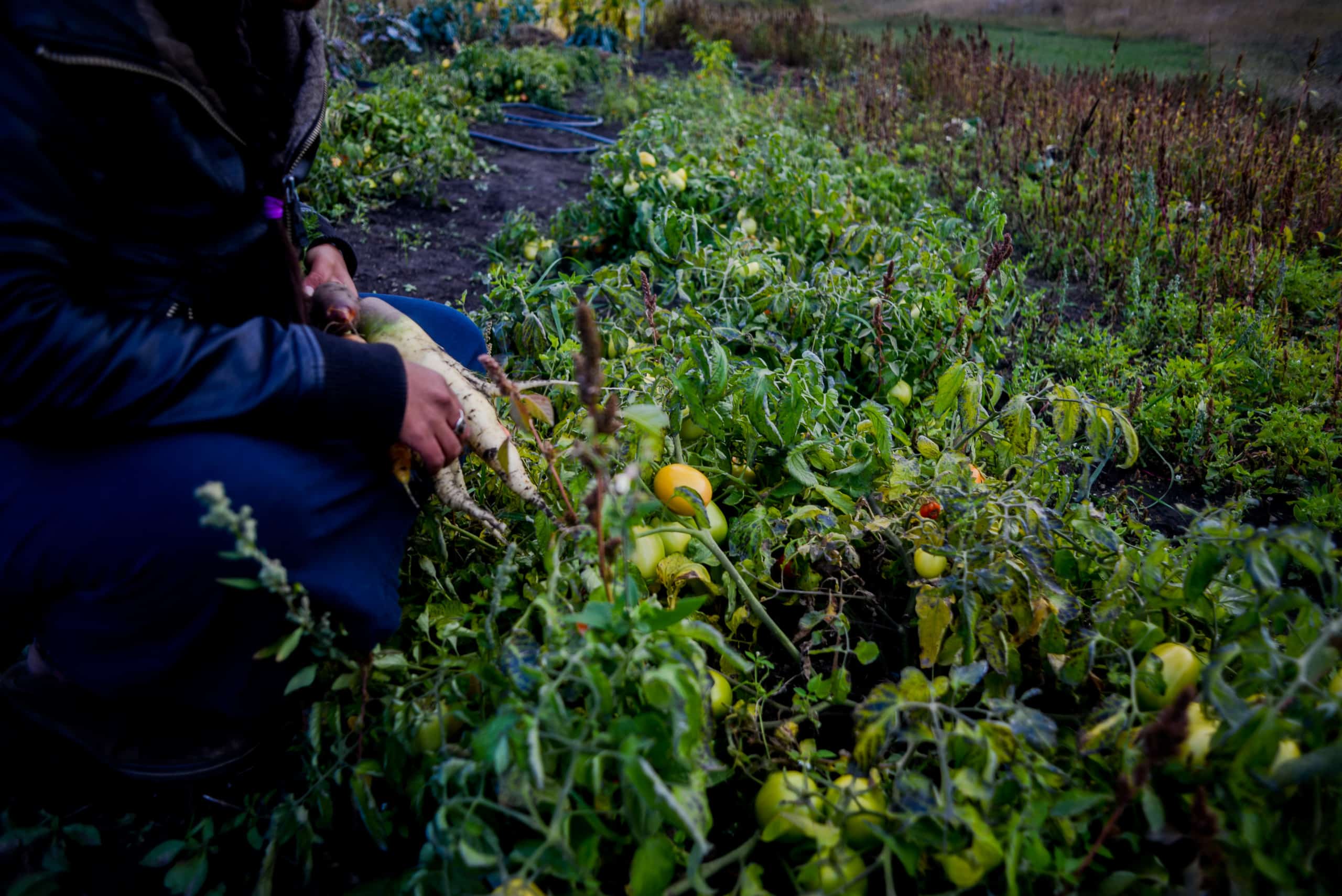
As Thanksgiving fast approaches on the northern side of the imaginary line known by Canada as the border, Indigenous families are out on the land collecting the last of this year’s harvest, pulling up their fishing nets and preparing for the winter hunting season.
“Our communities have a lot of food insecurity,” says Jessica Hernandez, a transnational Indigenous scholar who works is an associate professor and postdoctoral research fellow at the University of Washington, on Duwamish lands.
“[The] pandemic, coupled with climate change, coupled with everything else … we’re facing all these disparities,” says Hernandez, who is Maya Ch’orti’ and Binnizáa.
“[It’s] food sovereignty that we continue to fight for. It’s still forgotten — unless you’re Indigenous and your community’s directly impacted.”
Hernandez will soon take part in Taking Back the Dinner, an annual event that happens in November during the American Thanksgiving season.
Hosted at a longhouse structure called wǝɫǝbʔaltxʷ — or Intellectual House — on campus, Hernandez says the event is a way to reclaim the settler colonial holiday. Because of COVID, details around this year’s event are still being worked out, she says.
As folks gather for Canadian Thanksgiving this weekend, IndigiNews invited Hernandez to speak about Taking Back the Dinner and the impacts of the climate crisis on Indigenous Peoples’ food sovereignty and sustainability.
This conversation has been edited down for length and clarity.
Kelsie Kilawna: How did Taking Back the Dinner come to be?
Jessica Hernandez: It was the native and Indigenous students who decided to create that. I think Taking Back the Dinner is just reclaiming that history that’s often taught as the standard history. The standard history is the white history. You know, how the pilgrims came and had a friendly kind of relationship with the Native Americans or Indigenous Peoples of the Americas. It’s a history that’s taught throughout the Americas, like Canada, Mexico, South America, Latin America — of how colonizers were friendly towards us, when in reality, they led a genocide.
I think that it’s a way to spread that education and also [to] feel like we belong in these western institutions that were created for white people, [that] were created to exclude us. They were created on our stolen lands. And they were created just to silence our ways of knowing … honour[ing] the white man’s knowledge and wisdom.
K: What is the most important thing that you think folks should know or remember while they’re celebrating this time of gratefulness?
J: Just like the American version, I’m assuming as a Canadian [Thanksgiving] … is to kind of be thankful for something, right? But oftentimes that thankfulness comes from individual privileges and positionality.
For instance, people are thankful for their jobs. They’re thankful that they have their families. But … when it comes to thanking the food sources that are at the table, it’s important to also think that Indigenous lands and Indigenous Peoples continue to fight for the stewardship of those lands that [settlers are] currently occupying.
So thank those Indigenous Peoples who are oftentimes forgotten when we talk about farmers, even foreign workers. For instance, in the state of Washington, we have a lot of Indigenous Peoples from Oaxaca, and oftentimes, when they do outreach to farmworkers, everything is tailored to Spanish. But as Indigenous Peoples, they speak their native language. They’re forgotten.
Thank the Indigenous farmers … helping them cultivate those crops. Thank the spirits that lie between the animals that are being consumed.
Oftentimes I see recipes or news about what to do with your leftovers on Thanksgiving. [Think] about those people who actually don’t have that food source, who are often Indigenous Peoples, especially in Canada, as we continue to face climate change, food insecurity, and … a pandemic that hasn’t gone away.
K: What do you think people may not understand or maybe they undervalue about Indigenous science and connection to the land?
J: Oftentimes, when I’m sitting at a table with other scientists, white scientists, who have a Ph.D. who have a Master’s, they tell me, ‘Well, we are trying to work with Indigenous communities. But the reason why we don’t include their ways of knowing is that it’s not quantified.’
Like, we haven’t collected numbers, data, like the typical sciences tend to do. And I think that’s the thing about western sciences. Everything has to be numbers, when in reality, there is a form of data that’s qualitative,where we can focus on the interviews, on the voices and on the perspectives. And I think that it’s a way to invalidate Indigenous science as ‘less than’ because we don’t have those records, we don’t have that data.
What they don’t know is that our knowledge has been ingrained in us since time immemorial. It’s something that’s passed down to our grandparents, whose grandparents passed it down to them.
Indigenous Peoples shouldn’t be subject areas.. We shouldn’t be an experience. We should be collaborators. We should be called to the table …. right from step one, not after you have created this long research project, and then you want a consultation.
It’s honour and respect that is often ignored within the western sciences when it comes to Indigenous science. I think that a lot of our communities have those answers on how to curb climate change because we are already experiencing climate change impacts yet when we come about climate policy, we’re not even invited to those tables.
K: Talking about species at risk and talking about food sources at risk, what are some things that folks maybe don’t understand are in critical need of attention right now?
J: There are so many layers to address, like onions. When we cut them we’re crying, right? And that’s our way of healing. And oftentimes, the people who have to peel the most onions don’t want to do that, because it’s emotional work for them — usually [it’s] the people who have positionality, privilege and power.
I’m Zapotec Binnizá, so I’m from Oaxaca, [Mexico]. Our corn is so precious, but then we have … corporations trying to sell genetically modified seeds, but our Indigenous communities have been able to fight against that. Oftentimes, the solutions that science has for food insecurity, are not aligned with our way of living because for us — our animals, our plants — are more than just food. They’re also our relatives, and we try to protect them.
I think that when it comes to animals and plants, we have this ecological grief. When we lose our animals, we’re also grieving because it’s a part of our creation stories. I know the salmon is for a lot of Coast Salish communities. I know the corn is for my communities. People don’t understand that it goes beyond just protecting or conserving that animal species. It’s also our culture, our identity, our spirituality, everything.
Indigenous science is so holistic. You don’t separate, like public health, from food, from wildlife, from biology, right? Western science fragments everything into boxes. But for us, everything is like a big circle. It’s like the medicine wheel. Everything is interconnected. And I think that’s, that’s important for people to understand and also acknowledge.
K: What do you think is not working most about Western conservation?
J: I think that there’s also a lack of collaboration amongst scientists. That’s why you have an oceanographer … a forester … you have all these different scientists and disciplines [and] they don’t tend to collaborate.
They also should listen to Indigenous communities. They shouldn’t just expect … our ways of knowing [to] be validated by western credentials. Unfortunately, they have to sometimes. But I think that if people start deconstructing who is a scientist, they can start seeing [that] our Elders are scientists, our adults, even our youth are scientists because they know about their surroundings.
K: Anything that you wanted to share that I didn’t ask or you feel is important to share?
J: I was thinking of the Indigenous science that we have lost. For instance, when you look at the Mayan civilization, pyramids come to mind. And that’s something that we have lost because of colonization — how to build pyramids. And it’s interesting that a lot of scientists, like in physics and engineering, are trying to unravel how our Ancestors were able to build those structures.
I think those structures exist throughout the Americas — they might not necessarily be pyramids, but there are these inexplicable structures that even Western scientists cannot understand. And I oftentimes point to that, and scientists are like, ‘Well, you know, Indigenous Peoples don’t really know what they’re talking about.’
That’s for them a mystery, when in reality, a lot of us are descendants. We have different Mayan nations throughout Guatemala, El Salvador, or throughout Central America that still are descendants from those civilizations. We just ended up dispersing because of borders, [so] we’re from different countries now. But I think that that’s something interesting that they like to honour the Indigenous science of the past, but not of the present and the future.
Author
Latest Stories
-
Exhibition explores ‘total visual languages’ binding Salish peoples together
New feature, ‘Every River Has a Mouth,’ highlights interconnectivity between Coast and Interior Salish artists at the Bill Reid Gallery
-
Inquest continues into ‘Winnipeg’ police shooting death of Eishia Hudson, 16
Non-adversarial probe of teen’s death cannot assign blame, but family and First Nations hope it will recommend meaningful ways to prevent similar police shootings




